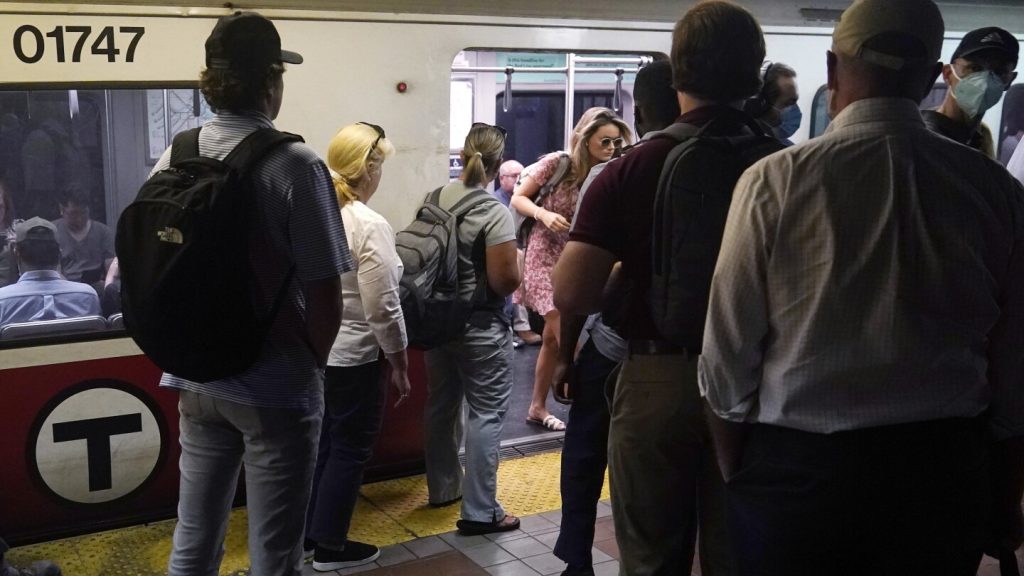The Massachusetts Bay Transportation Authority’s board of directors has approved a plan that would offer reduced fares to tens of thousands of lower-income riders in the greater Boston area. The new program would provide a 50% discount on all MBTA modes, including subway, bus, and commuter rail services. This initiative is expected to make commuting more affordable for individuals living in former industrial cities and towns, as well as benefit those who rely on the RIDE paratransit service.
To be eligible for the program, riders must demonstrate their eligibility by showing enrollment in other programs with a cutoff of 200% of the federal poverty level, which is about $30,000 annually. The estimated cost of the fare changes is up to $62 million, including administrative costs, operating costs to meet increased demand, and fare revenue loss. The MBTA predicts that low-income riders will take 30% more trips with a reduced fare, resulting in up to 8 million more trips per year for the anticipated 60,000 enrollees.
The MBTA already offers discounted fare programs for students and seniors, and General Manager and CEO Phillip Eng expressed the agency’s commitment to making fares more affordable to improve quality of life and economic mobility for riders. Democratic Gov. Maura Healey has shown support for the idea and allocated $5 million in her proposed budget to help lay the groundwork for a means-tested fare program. In her campaign, Healey pledged to pursue low-income fares and unlimited bus transfers, aiming to eventually implement fare-free buses statewide.
Former Gov. Charlie Baker had previously opposed similar efforts, citing concerns about revenue loss and other challenges facing the MBTA. However, Boston Mayor Michelle Wu has been a proponent of free fares, authorizing three free MBTA bus routes in the city through March 2026, funded by federal American Rescue Plan Act money. Advocates have highlighted a 2019 MIT study showing that low-income riders who received a 50% discount took more trips, particularly for healthcare and social services, emphasizing the positive impact of reduced fares on mobility and access to essential services.















